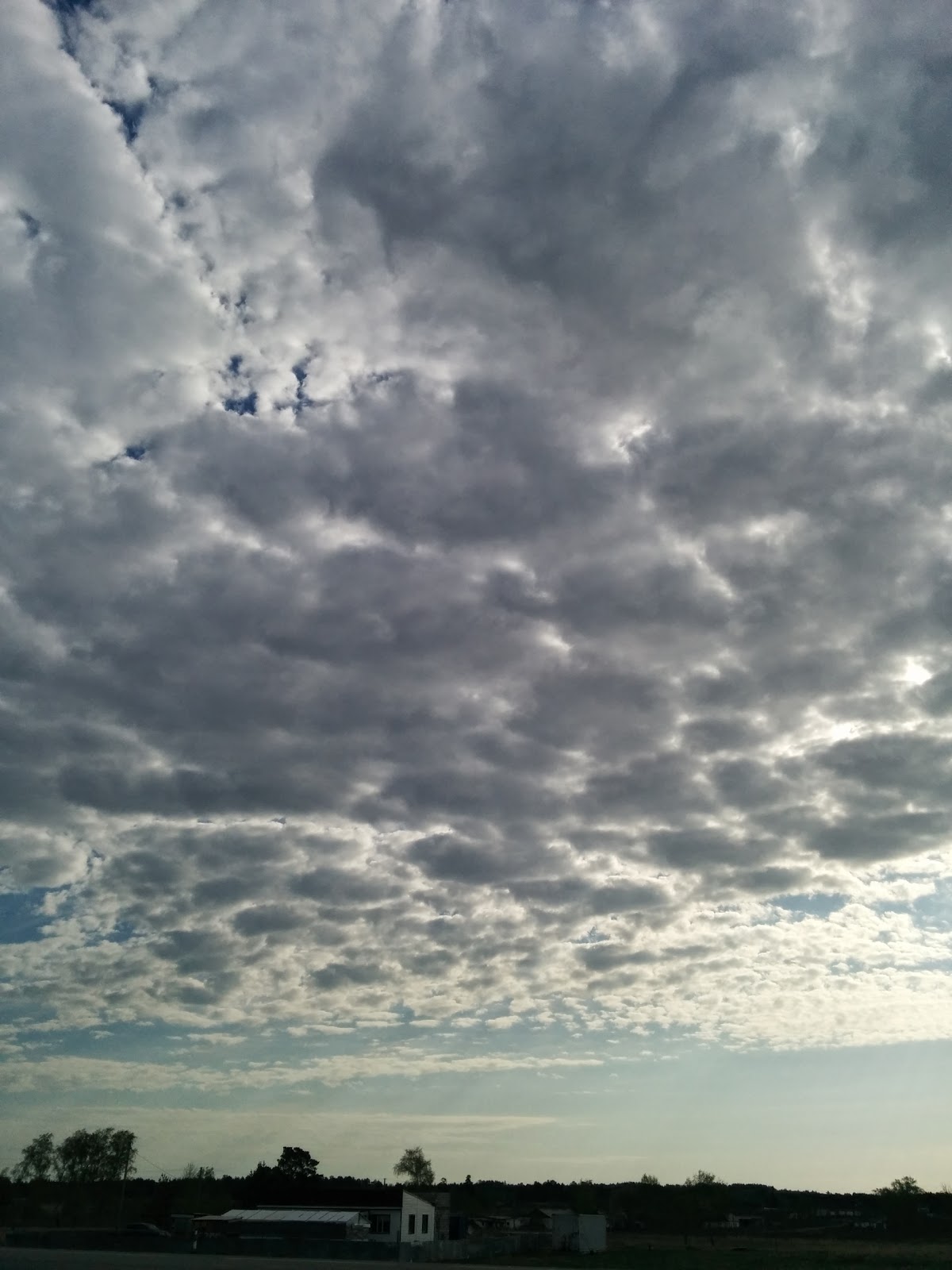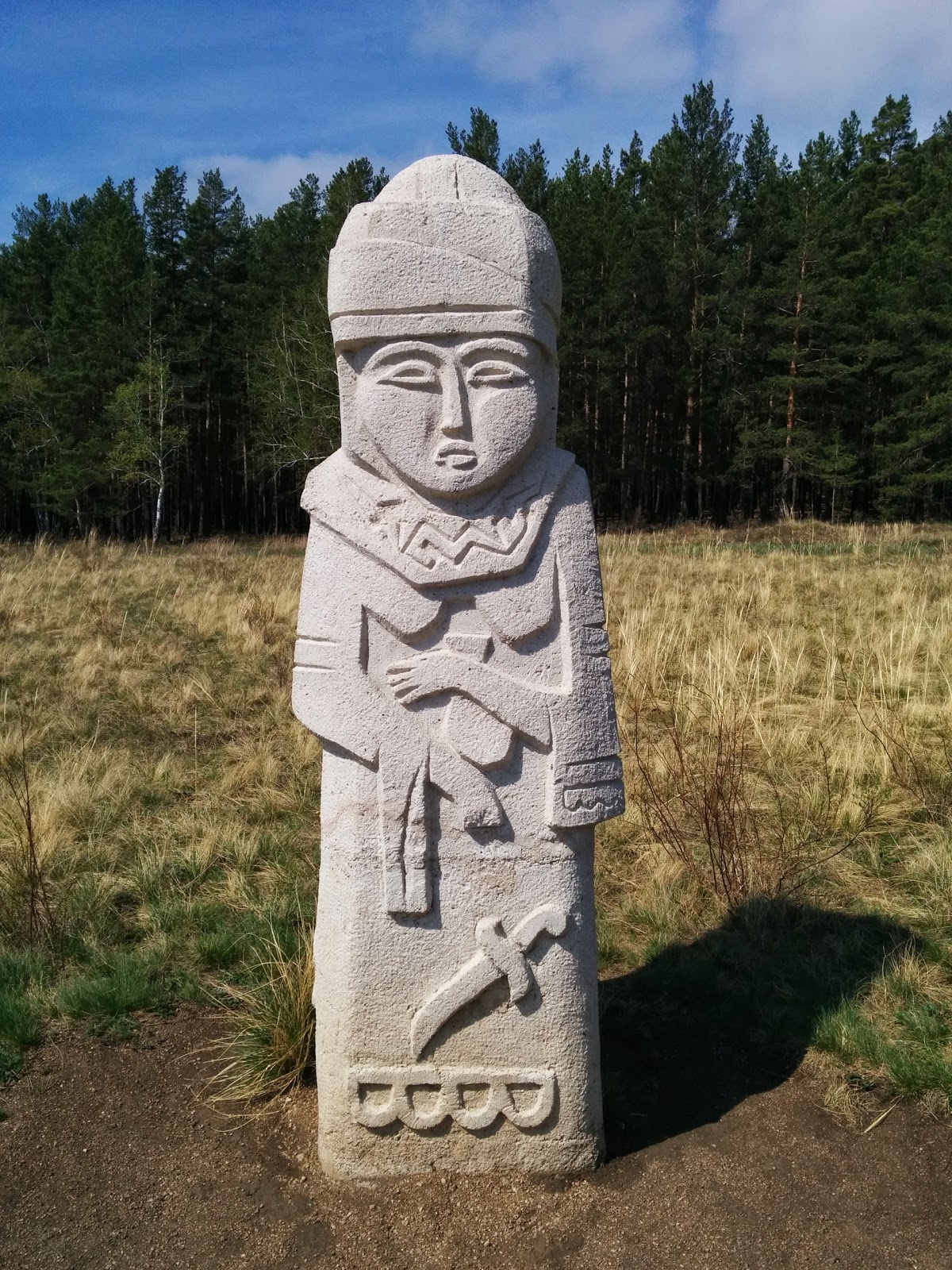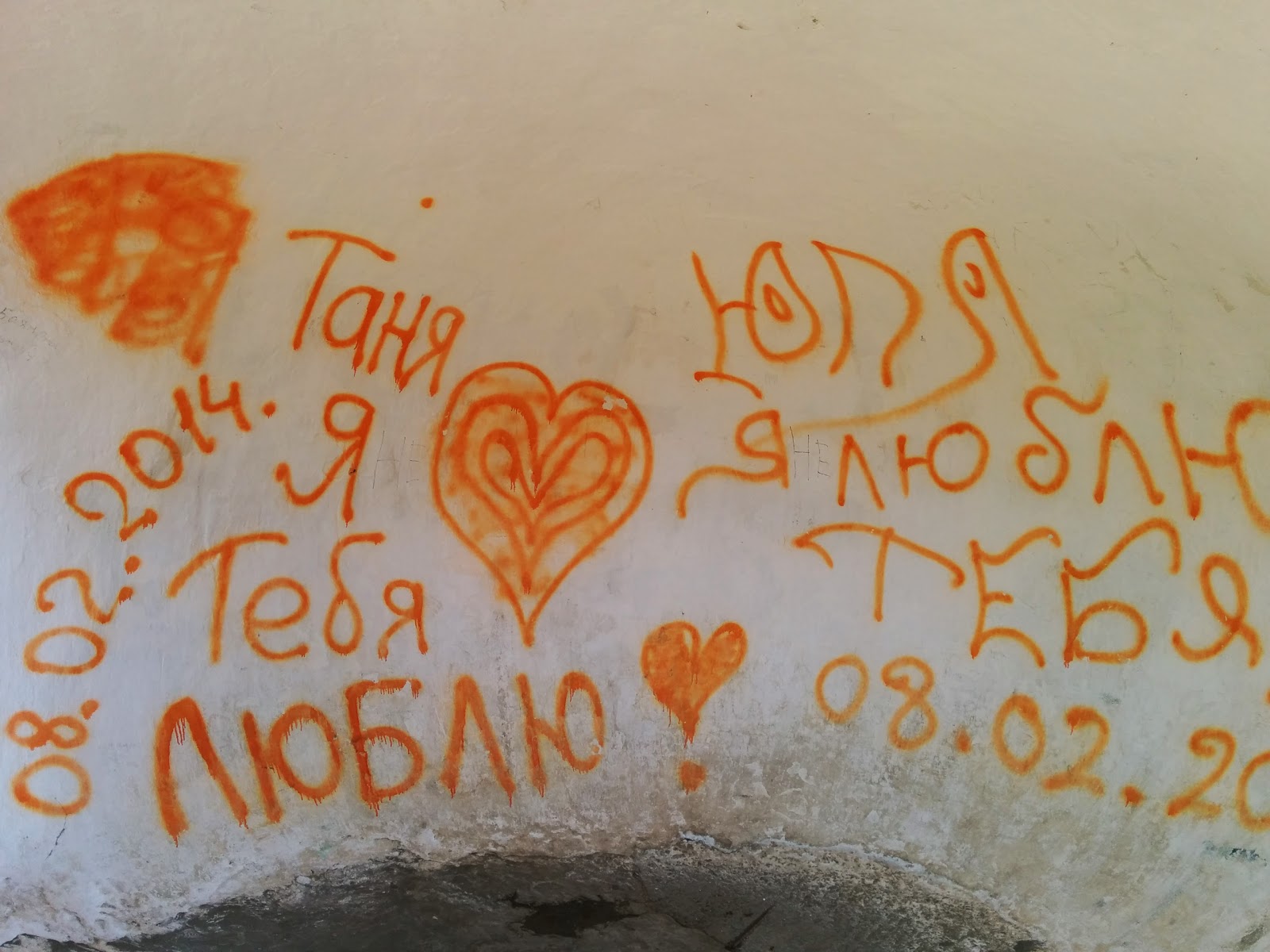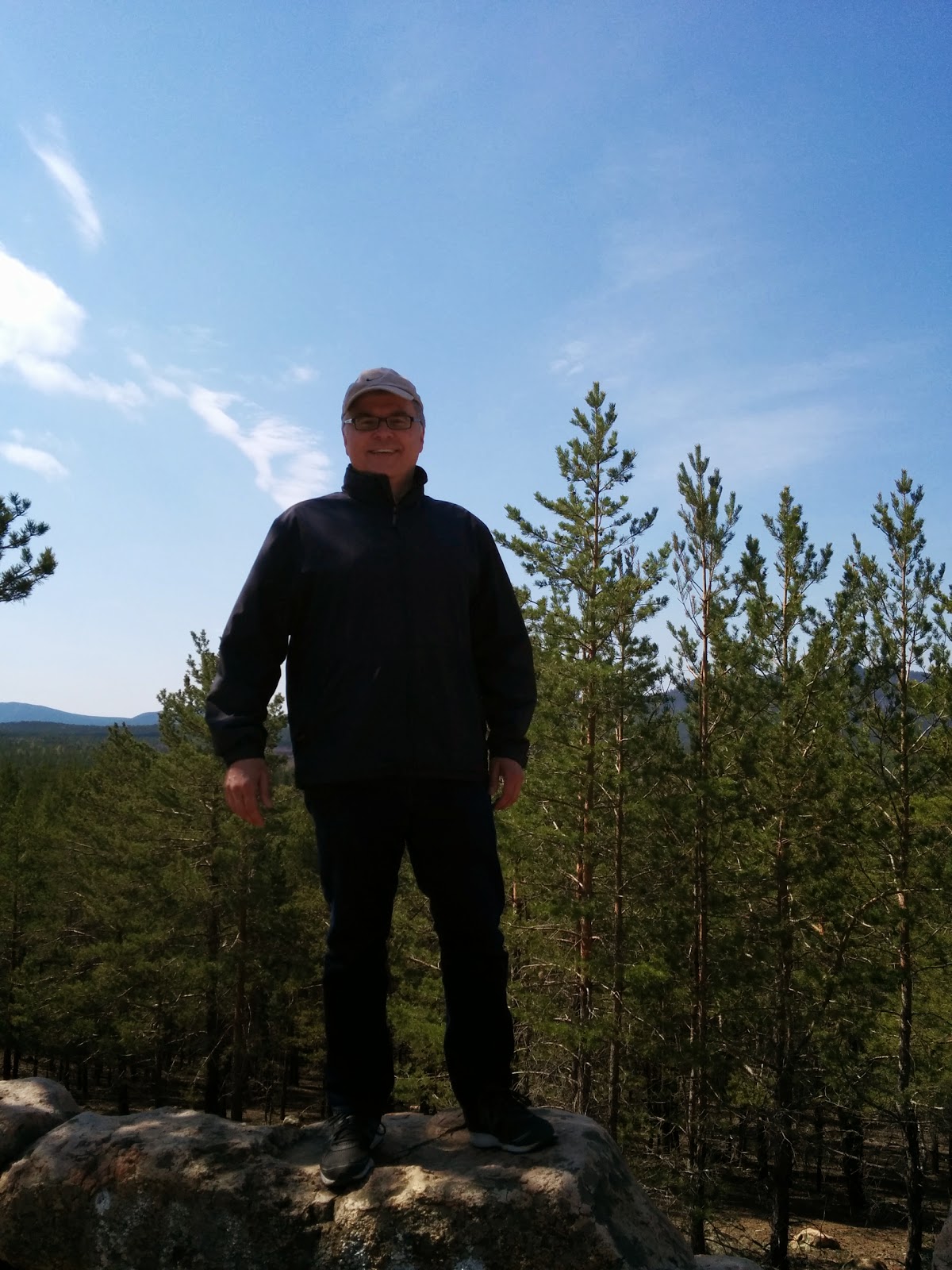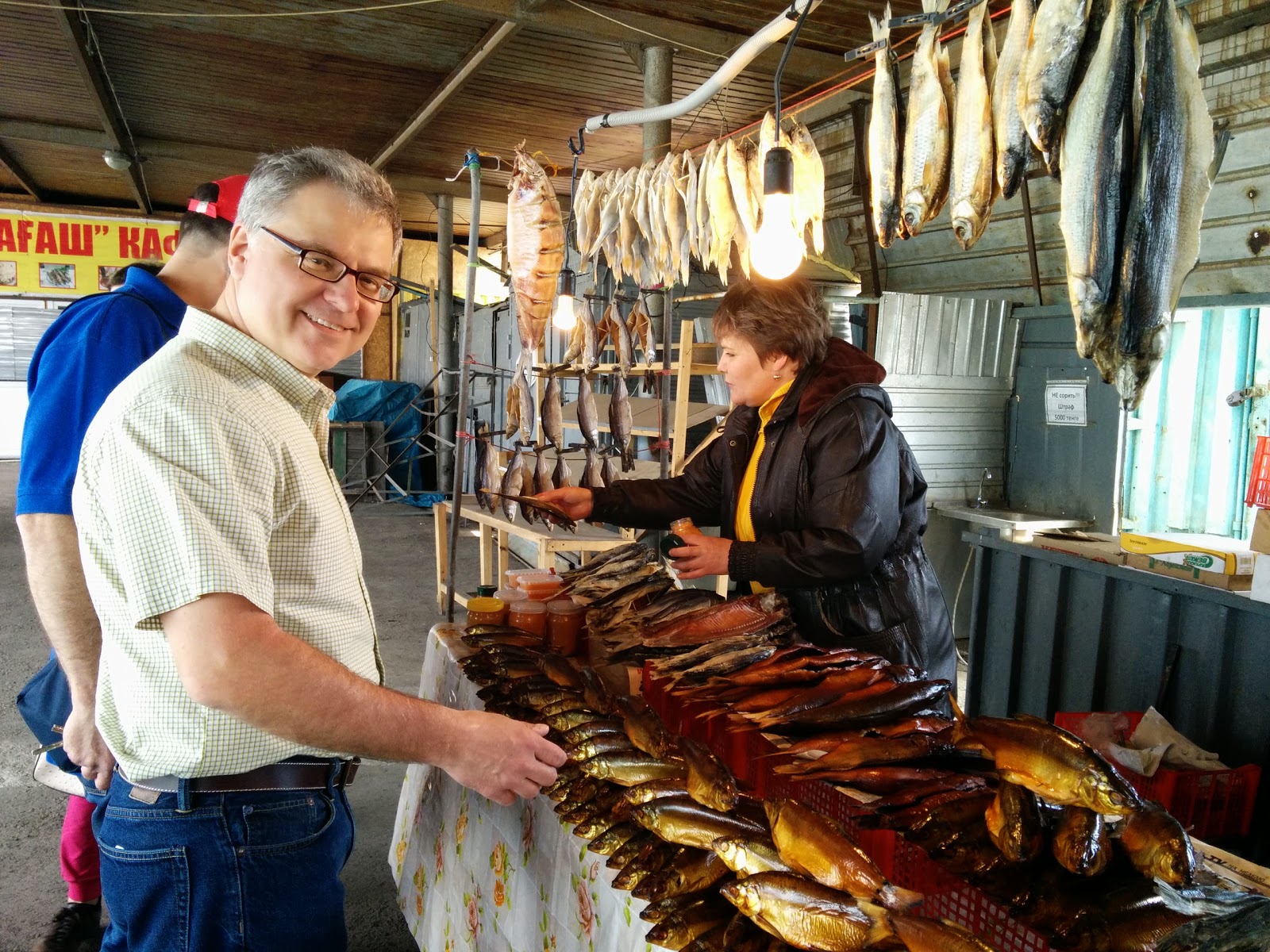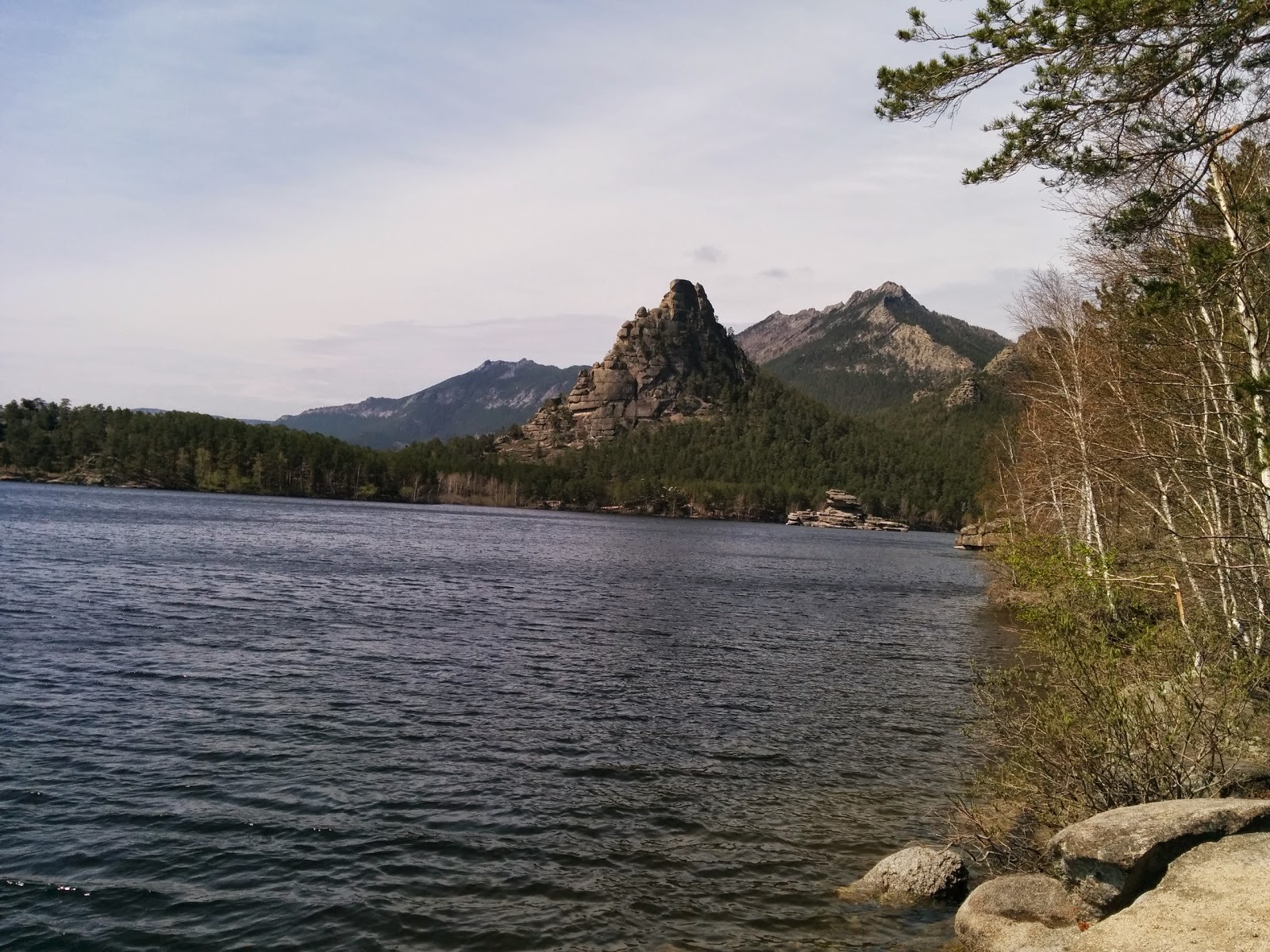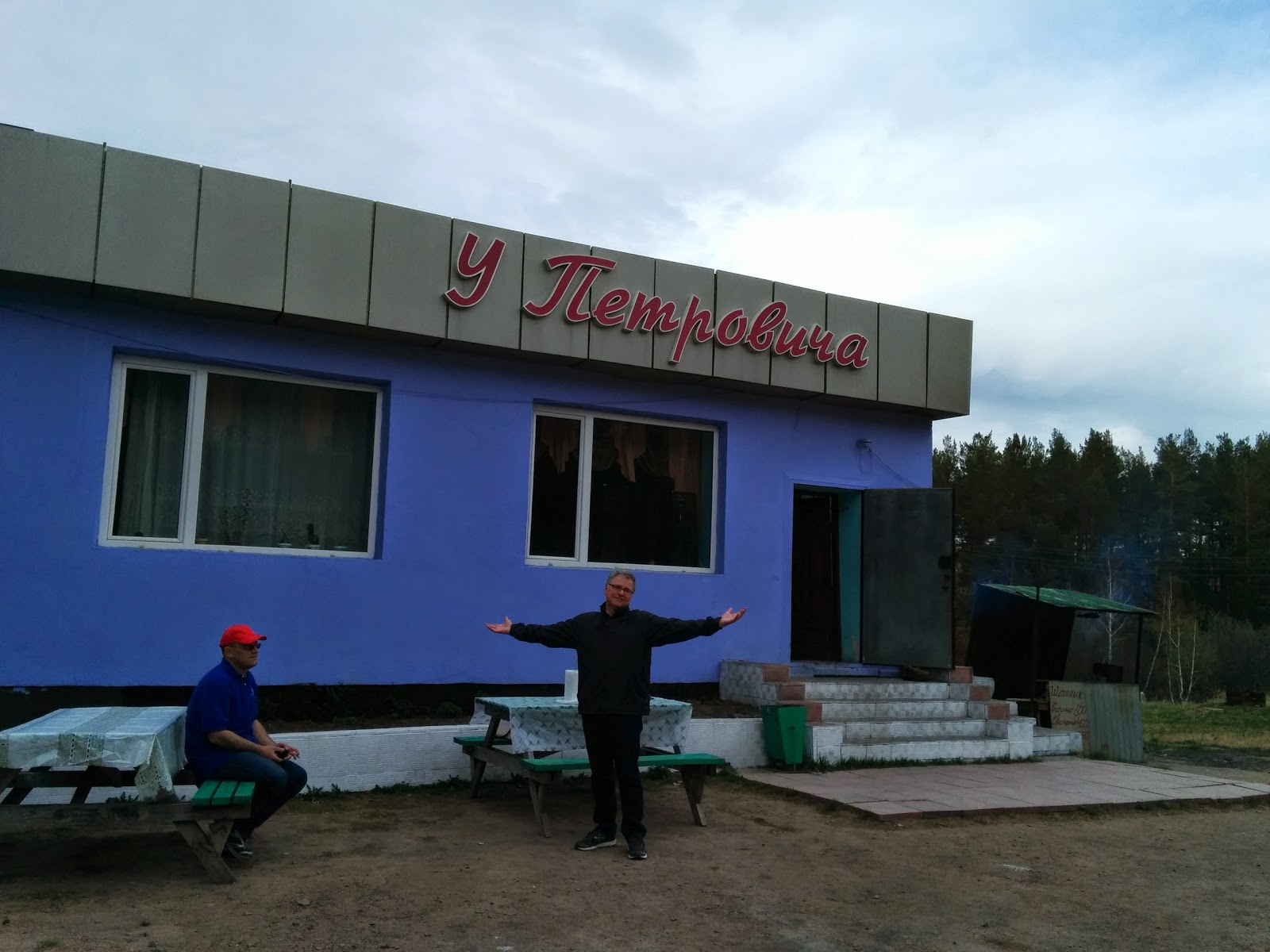We are grateful for some resources put together by the Astana International Club, and discovered relatively recently this blog and this article with some helpful advice on living in Astana. As more English speakers spend some time here it won't be long before the ins and outs of the city are well-chronicled in our native tongue. Consider this our own contribution to the interwebs -- things we've figured out that people here seem to be happy when we share with them.
Tip #1: A smartphone will make your life easier. They are easy to buy here (although not yet as ubiquitous as in Los Angeles) and there is a good selection of Android phones available at electronics stores. Since we've arrived it seems like iPhones are now for sale as well. Hardware prices are higher but carrier service is much less expensive than the cost in the US. None of the phone companies offer a monthly plan and as a result there are no contracts. Simply buy a SIM card from one of the carriers and put it in your phone.
You'll add credit to your phone for calls, text and data by visiting any one of the orange ATM-like terminals, QIWI is the most common brand name of these kiosks. Key in your phone number and feed cash into the terminal. You'll get a receipt for the transaction and almost immediately a text message indicating that your phone has been credited and your new balance. The machines charge a small commission every time you add money to a maximum of 150 tenge/transaction (about 80 cents). (The red Kaspi Bank kiosks do not charge a commission.) Menus are only in Russian, so you'll need someone to show you how to navigate it the first time.
 |
| QIWI kiosk |
 |
| Get some help to navigate the menu the first time |
Tip #3: Mobile phone service - calling + data. There are 4 mobile phone carriers in KZ. Only one of these, state-controlled Kazakhtelecom has a 4G LTE license (Commercial name: Altel). (At least one carrier claims to be ready to offer LTE but is unable to get licensed to offer it; reports are that all carriers may get LTE in a year or two.) Activ, the company we use (for no other reason than it's where the line was shorter the day we were getting local numbers), has an English-language page and customer support and offers HSDPA+ service that provides speeds somewhere between standard 3G and 4G. Activ and KCell have common ownership. The other carrier is called Beeline.
Each carrier has its own code: Activ's code is "778". Calls to your own carrier's numbers are slightly cheaper than to other carriers, so it makes sense for everyone in your family to sign up with the same carrier.
At least for Activ you can turn a weekly or a monthly data plan on or off simply by texting a code to the company. As of May 2014, a weekly plan that works out to about 2 Gb of data/month is about $10/month (450 tenge/week for 512 Mb). [Fun fact: we've been spending about $25/month per phone for the same amount of calling/texting/data as we use at home].
Tip #4: Making local calls. Landline numbers have six digits, and cellphones have seven digits. Local numbers do not require a prefix or a city code. Instead of "1" like in the US and Canada, you must dial "8" before all cellphone and long distance numbers. Here is what this all looks like:
Landline to a landline: six digit number
Landline to a cellphone: 8 + 3-digit cellphone carrier code + seven digit number
Cellphone to a landline: 8 + city code (7172 in Astana) + six digit number
Cellphone to a cellphone: 8 + carrier code + seven digit number
For international callers, Kazakhstan still uses the same country code as Russia, +7. (This is supposed to change by 2020.) So, on a mobile phone, you can also use +7 instead of "8" as identified above.
Tip #5: Getting Around. We have multiple ways of getting around the city, ranging from:
- a professional driver for commuting and business meetings
- Eko Taxi has an app you can download and use to order a cab (some of the dispatchers speak English, too).
- gypsy cabs/street taxis - simply stand by the side of the road and put out your hand. Someone will stop and you can negotiate a price for a ride to anywhere (usually 500 tenge on the same side of the river, or 700-1000 to cross the river),
- catching a ride with friends,
- the city buses,
- renting bikes, and,
- our own two feet.
Tip #6: Yandex maps. We love our Google maps. But in Astana the Google maps show up in Kazakh. and let's be honest, the street numbers aren't always correct. The Russian-language maps provided by Yandex are much more accurate and detailed. Once you've learned to read your Cyrillic alphabet, they are not hard to use. Download these to your smartphone and you'll be able to navigate.
Tip #7. Foursquare. Again, harking back to "home," we rely on community-rating apps like Yelp to help us as we consider new restaurants, services, salons, etc. We also rely on these to find places - as in, their address, telephone number, hours of operation. Sometimes even a photo of the front of the venue so you know what you're looking for. Foursquare has a wealth of information to help you out. And if you speak English, please add your reviews/comments as well.
Tip #8. WhatsApp. This is used by Everyone to communicate. Business colleagues. Friends. Family. Classroom Parent-Teacher associations. Super easy to use. and almost universal here. We first heard about it from a local colleague who mentioned it's the only way he communicates with his VIP clients. And the second time was when we read that it was being acquired by Facebook. And now it is a very useful communication tool for friends, colleagues and family alike.
Any other Astana-dwellers reading this? Please share your own pro tips in the comments below.












